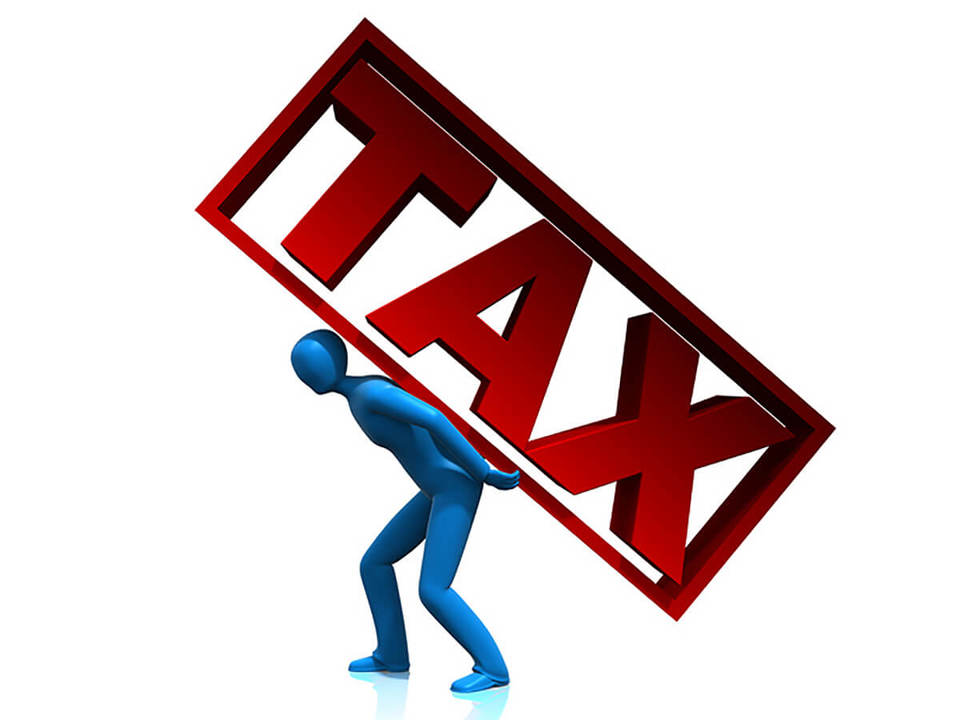Contract hire and leasing companies are divided over the impact that changes in capital allowance rules on low emission company cars will have on monthly rental rates.
In last year’s Budget, the Government announced that, from April 1, 2013, it would cut the emissions threshold at which company cars were eligible for the 100% first year write-down allowance from 110g/km to 95g/km.
However, leasing companies would no longer be eligible for the full write-down on low emission cars they acquire and subsequently lease to fleets. Instead, tax relief would be set at the 18% main rate.
Although the British Vehicle Rental and Leasing Association (BVRLA) continues to call for the measure to be reversed, it is contained in the 2013 Finance Bill making its way through Parliament and is expected to achieve royal assent shortly.
BVRLA chief executive John Lewis said: “By removing the ability of the leasing industry to claim these allowances, the Government will just make it more expensive for businesses to run greener fleets. There is no logic to it.”
At face value that is true, with contract hire companies expected to reflect the impact of reduced tax relief and thus higher costs in monthly rental rate rises.
Customers advised of higher rates
While some leasing companies have already made the move – company cars ordered today are unlikely to be delivered until after April 1 – it is clear that there are exceptions.
Gary Killeen, fleet services commercial leader for GE Capital UK, said: “Leasing companies may not have to automatically pass on all of the increased cost of the changes in allowances to customers and there will be variances from model to model.”
He said, for example, a Volkswagen Golf 2.0 TDI SE with CO2 emissions of 106g/km would not be affected by the capital allowance change post-April 1. Killeen said: “This is a specific example where we have been able to hold rates.”
Tony Murtagh, head of the SME division at Lex Autolease, said: “The quandary facing all leasing companies is do they absorb the cost and not pass it on, and if the cost is passed on when do they do it?”
Alphabet has written to customers to tell them the changes in the capital allowance regime had triggered “a slight increase” in the monthly lease rental with the rise “effective immediately”.
However, Paul Hollick, sales and marketing director, said: “We would advise customers against allowing the corporation tax position of a small segment of the fleet to unduly influence their funding policy.”
Wholelife costs consideration saves money
Reflecting on the importance of basing company car choice lists on total cost of ownership data and not headline lease rates, he said: “We helped one company switch from a lease rental driven policy to one based on wholelife costs. Its costs have fallen by as much as £600 per car per year. That’s a far bigger difference than April’s tax change will make.”
It’s a view shared by David Rawlings, director of business car consultancy BCF Wessex, which has calculated the impact of the tax move is a 3-5% increase in the cost of the lease (up to £15 a month on a £300 lease).
He called that “insignificant” within the total cost of ownership calculation and said the measure did not outweigh the VAT benefits that leasing offered, even on cars up to 95g/km.
The impact of the tax change will vary from model to model almost on a daily basis with leasing companies’ interpretation of the measure on any car varying due to a raft of factors including their own funding costs and interest rates.
Typically the impact of the removal for leasing companies of 100% tax relief will, it seem, be reflected in an approximate £5-£12 a month rental rate increase per vehicle.
Venson Automotive Solutions calculates that the impact on a Volkswagen Polo BlueMotion 1.2 TDI 75 PS five-door (91g/km) could be £242 over three years/45,000 miles or less than £7 a month; a Citroën C4 1.6 e-HDi (109g/km) could see a rise of £260 (£7.20 a month) on the same contract terms.
The impact would be felt most on large fleets. A fleet with 100 Polos could be stung by more than £8,000 a year, while a 500-car fleet faces an additional annual bill of £40,000 – £120,000 over a three-year cycle.
Alan McCleave, business development director at Venson, said: “The removal of 100% first-year allowances for leasing companies on low emission cars will have a cost impact and will therefore be reflected in higher rental rates to customers.
“No leasing company will realistically subsidise that increase in cost, despite what they may say.”




















Alastair Kendrick - 11/02/2013 16:36
I have seen lots of workings of the proposed increases but many do not reflect ALL the added cost. I agree with Gary Killeen that a lessor may not pass on all their costs but when you add what ever is passed on together with the tax increase on the lessee then I doubt it is that small an adjustment. Perhaps those who have done the calcs will share them